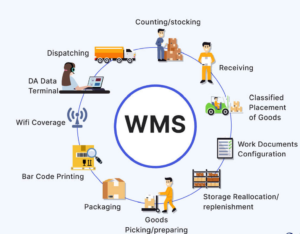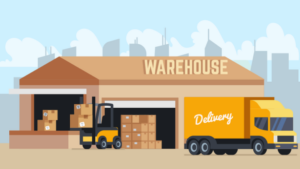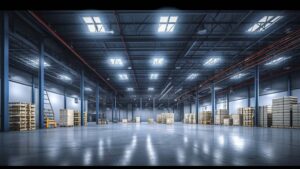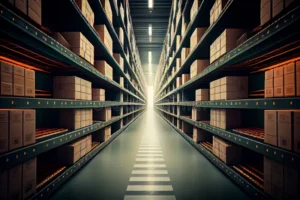The business environment is changing faster than ever. Therefore, companies must plan carefully to stay competitive. With this in mind, we have created a future-ready business strategy for 2025 and beyond. This strategy helps us stay focused, make better decisions, and grow in a sustainable way.
A Clear Vision for the Future
First of all, having a clear vision is essential. Our roadmap for 2025 defines where we want to go and how we will get there. As a result, every decision aligns with our long-term goals. This clarity allows us to adapt quickly while staying focused on growth and stability.
Technology-Led Efficiency
In addition, technology plays a major role in our future plans. We are adopting smart tools that reduce manual work and improve accuracy. For example, digital systems help us respond faster and maintain consistency. Because of these upgrades, our operations become more efficient and reliable
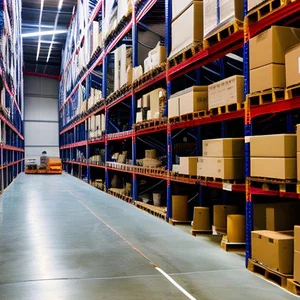
Customer First Approach
At the same time, customer expectations continue to rise. Therefore, we are strengthening our service channels and improving communication. By offering faster responses and personalized support, we aim to build long-term trust. Ultimately, better customer experiences lead to stronger relationships.
A Strong Team for a Strong Future
Equally important, our people are our greatest strength. We are investing in regular training, leadership development, and digital skills. As a result, our team feels confident and prepared for future challenges. A skilled workforce supports innovation and consistent service quality.
Smarter, Greener Operations
Moreover, sustainability is a key priority. We are improving energy usage, managing waste more effectively, and adopting eco-friendly processes. These steps not only reduce environmental impact but also improve operational efficiency.
Conclusion
In conclusion, our future-ready business strategy for 2025 is simple and focused. We aim to stay updated, remain customer-centric, and commit to quality. With the right technology, people, and mindset, we are well prepared for the future.



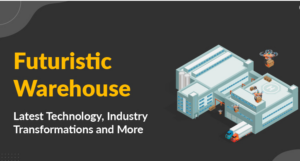
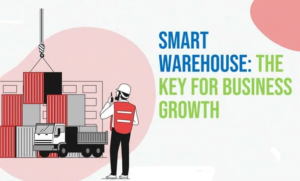
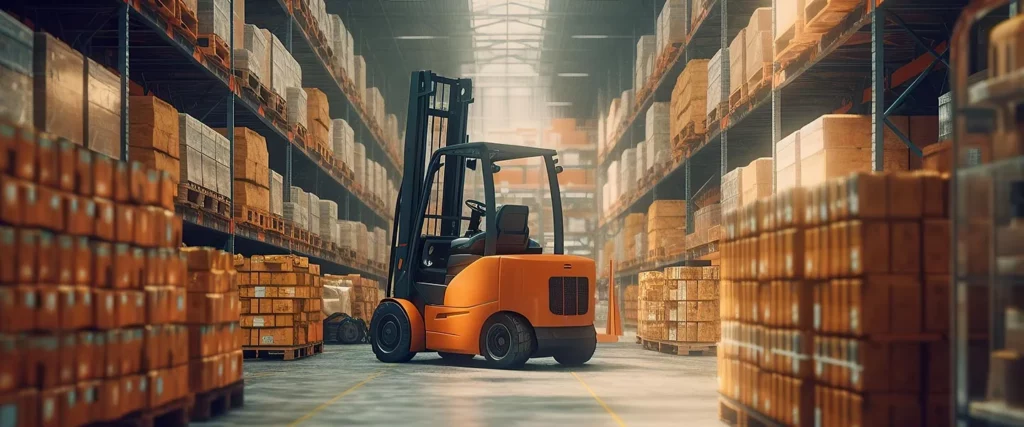

 Collaborative Robots (Cobots)
Collaborative Robots (Cobots) Conclusion
Conclusion
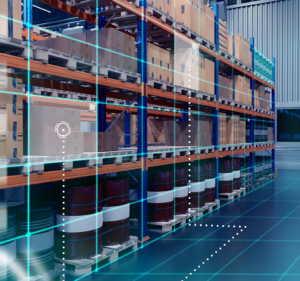
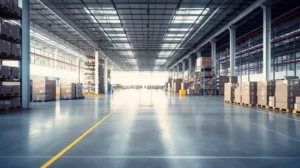
 Green Warehousing Practices
Green Warehousing Practices Eco-Friendly Packaging Solutions
Eco-Friendly Packaging Solutions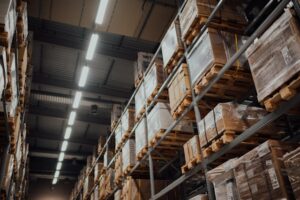 Conclusion
Conclusion

